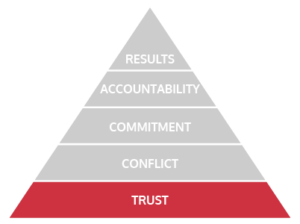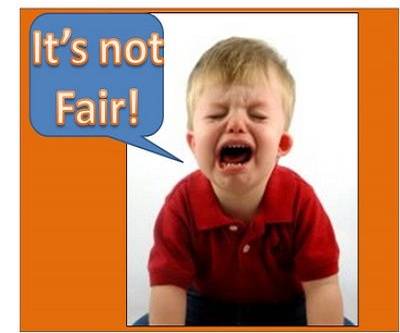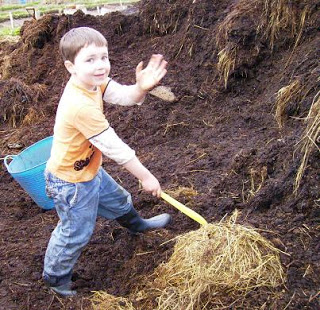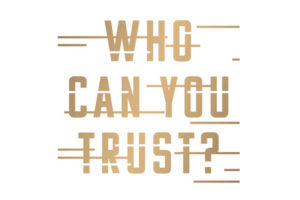 Trust is the basis of David Lencioni’s Five Dysfunctions of a Team. Without trust, teams perform at less than ideal levels trying to gain traction. And I’ve seen teams with high concentrations of trust perform at levels greater than the sum of their parts. I suspect you have as well.
Trust is the basis of David Lencioni’s Five Dysfunctions of a Team. Without trust, teams perform at less than ideal levels trying to gain traction. And I’ve seen teams with high concentrations of trust perform at levels greater than the sum of their parts. I suspect you have as well.
Trust is a term I’ve heard bandied about lately. Recently our local county executive was investigated for and pled guilty to a “pay-for-play” scheme, thus violating his constituents’ trust. Very few folks left of center trust Donald Trump, and very few folks right of center trust anyone who doesn’t trust Donald Trump.
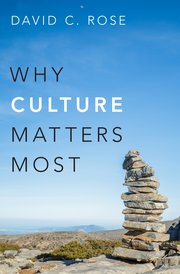 In his new book, Why Culture Matters Most, UMSL Economics Professor David C. Rose discusses the function of population size in high- and low-trust organizations—from small functional teams to national populations. The pursuit of self-interest, he posits, affects the trust level less in huge populations than it does in smaller teams.
In his new book, Why Culture Matters Most, UMSL Economics Professor David C. Rose discusses the function of population size in high- and low-trust organizations—from small functional teams to national populations. The pursuit of self-interest, he posits, affects the trust level less in huge populations than it does in smaller teams.
The metaphoric example of a common pasture shared by three farmers, where they each agree to allow a set number of cattle to graze for a set amount of time (so each could reap equal nutritional value) shows us how the cost of one rational self-serving act (either placing more cattle on the pasture or leaving them there longer) is borne by only the other two participants. Yet cheating on my taxes (finding a way to keep $500 of my hard-earned cash) is virtually invisible because that cost is shared by 200 million other taxpayers. This explains why it’s easier to behave in a trustworthy manner in a small group than in a large group.
Rose is in search of a condition he terms “mass flourishing,” where a high-trust society allows itself to climb a ladder of development and each rung corresponds to an ever-larger set of variable transactions. These transactions are choice points that yield ever-increasing opportunities for decisions to be made in the best interest of a common good.
He further posits that our trust-dependent institutions (such as in a free-market economy) rest on foundations, and those institutional foundations rest on cultural foundations because culture makes a high-trust society possible. It’s the stuff we learned at our parent’s knees.
It is well known that the free market system and democracy have self-reinforcing properties. But trust-dependent institutions require a high-trust society, so if trust falters, many of these institutions will weaken. This can lead to the democratic process becoming a spoils system that stokes political tribalism that destabilizes a society. Such tribalism can induce families to reduce investment in trust-producing moral beliefs. It can also induce families to stress moral beliefs that make it easier to rationalize opportunism. As this process feeds on itself, it can lead to the collapse of once-thriving societies.
Are you seeing a recognizable pattern here? As a boomer, I grew up in the settling dust of World War II. The culture was very high in trust, and we learned our moral codes from our parents, schools, and villages.
My father was an altruist. All of his spare time went into making the community in which he lived for 60 years more safe, comfortable, and nurturing. It was the culture of my village. He wasn’t the only one. I was surrounded by families with a similar cultural imperative to give, trust, and communicate. Rising tides and all that.
So if mass flourishing is on the horizon and that requires a culture of high trust, but we only see tribalism and a spoils system, what does that tell us?
Have we lost the cultural institutional wisdom that brought us out of WWII and created the most productive society in the history of man? Are we all over-grazing our common pastures?
I suspect we’re all entrenched in our knower/judger’s learned and rational “what’s in it for me” mindset. We’re culturally blind to the greater good that could be served by behaving more altruistically. Our culture throws some guilt at us when we over-graze in our small teams, so we may refrain in those environments. And if refraining becomes the culture of that team, it can flourish. On the larger canvas, however, I don’t believe our learner/researcher has noticed anything detrimental with high levels of self-interest… so mass flourishing waits.

